What does cheese chilli toast have to do with identity, exclusion and cultural assimilation? Discover this story along with the histories of Mumbai’s colonial-era club menus at an upcoming workshop
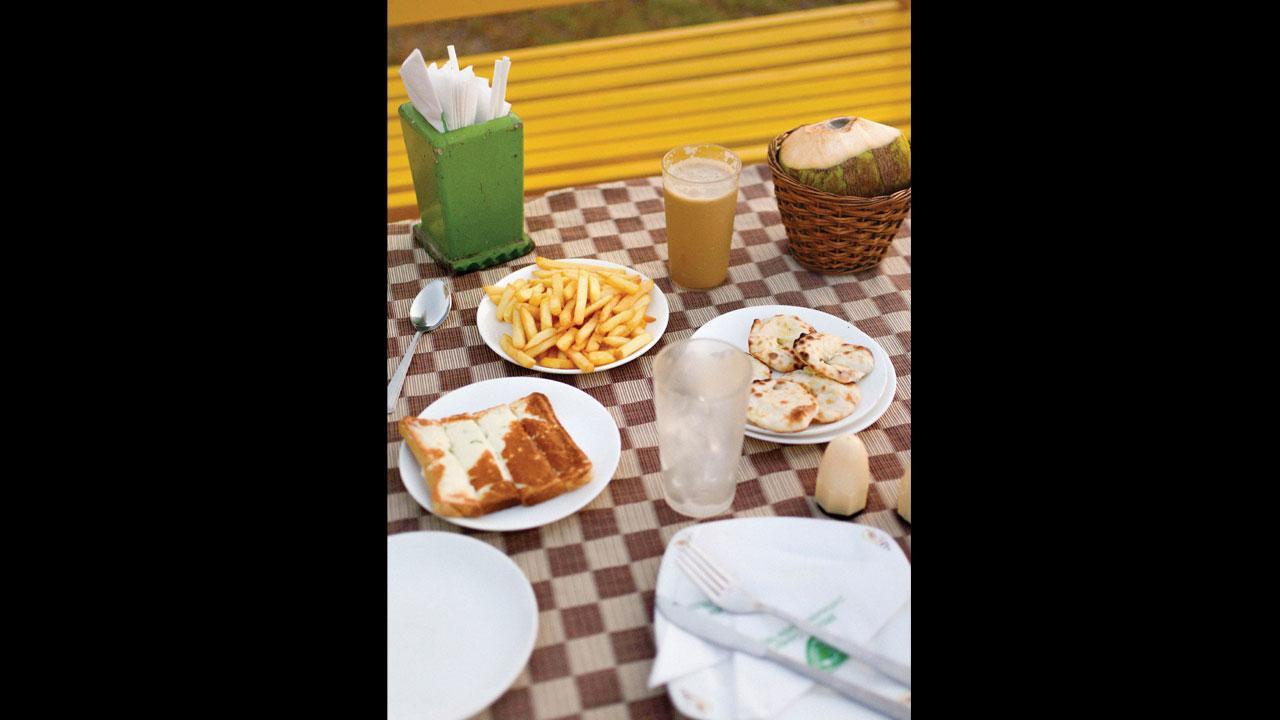
Snacks at Breach Candy Club
There's a common anecdote among old-time members of the swanky, sea-facing Breach Candy Club. Before Independence, a sign used to hang outside the elite club — which features a giant, India-shaped swimming pool — that allegedly read, “Indians and dogs are not allowed,” shares Vritika Lalwani, founder of Praxis, a community where form, theory and practice meet across design and art. Cut to now: Mumbaikars are either vying to get into the club, or busy parading their exclusive membership. This interplay of exclusion and inclusion, which can be studied across the city’s colonial-era clubs and their defining culinary experience, is at the heart of Praxis’ upcoming workshop, Guest Special.
ADVERTISEMENT
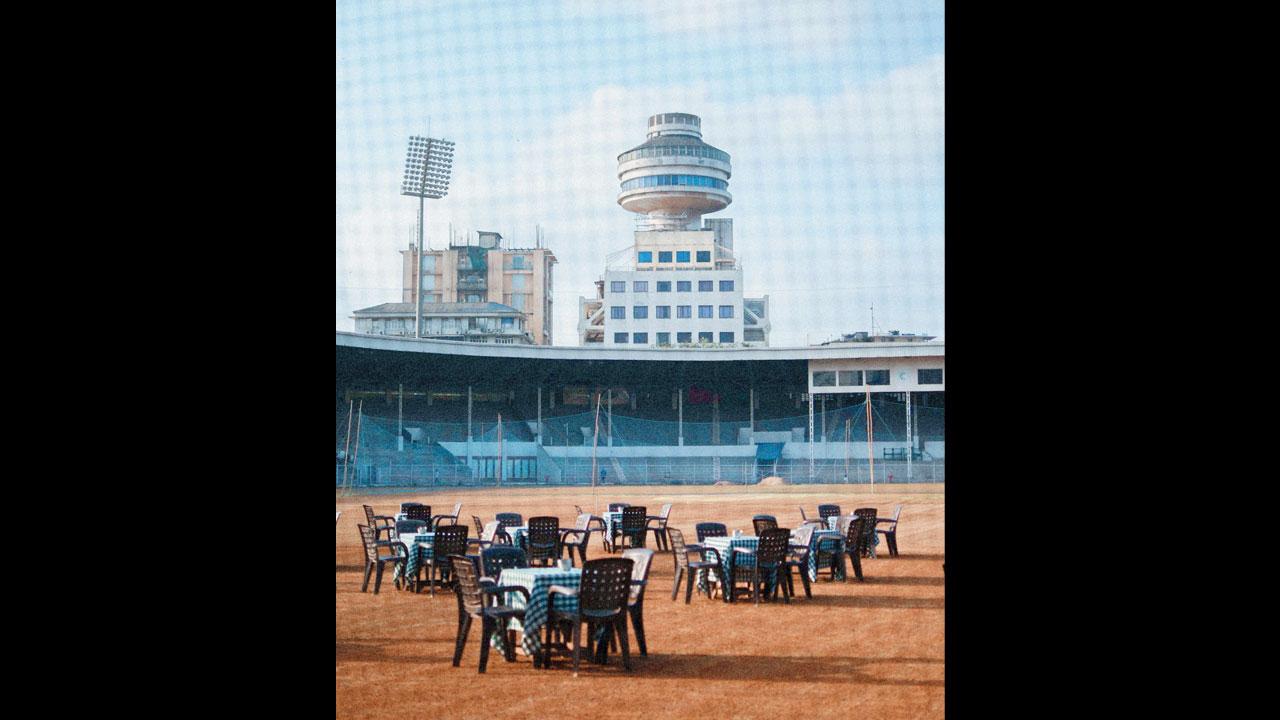
The Cricket Club of India. Pic Courtesy/Mallika Chandra
The interactive session will be hosted in collaboration with Sneha Mehta and Mallika Chandra of Play Fare, an independent multidisciplinary research project which investigates the food culture in the city’s colonial-era clubs. During the session, participants will time-travel through the menus of Willingdon Sports Club, Bombay Gymkhana, The Cricket Club of India (CCI), Royal Bombay Yacht Club and Breach Candy Club, all of which cropped up in then Bombay between the late 19th century and early 20th century, reveals Mehta.
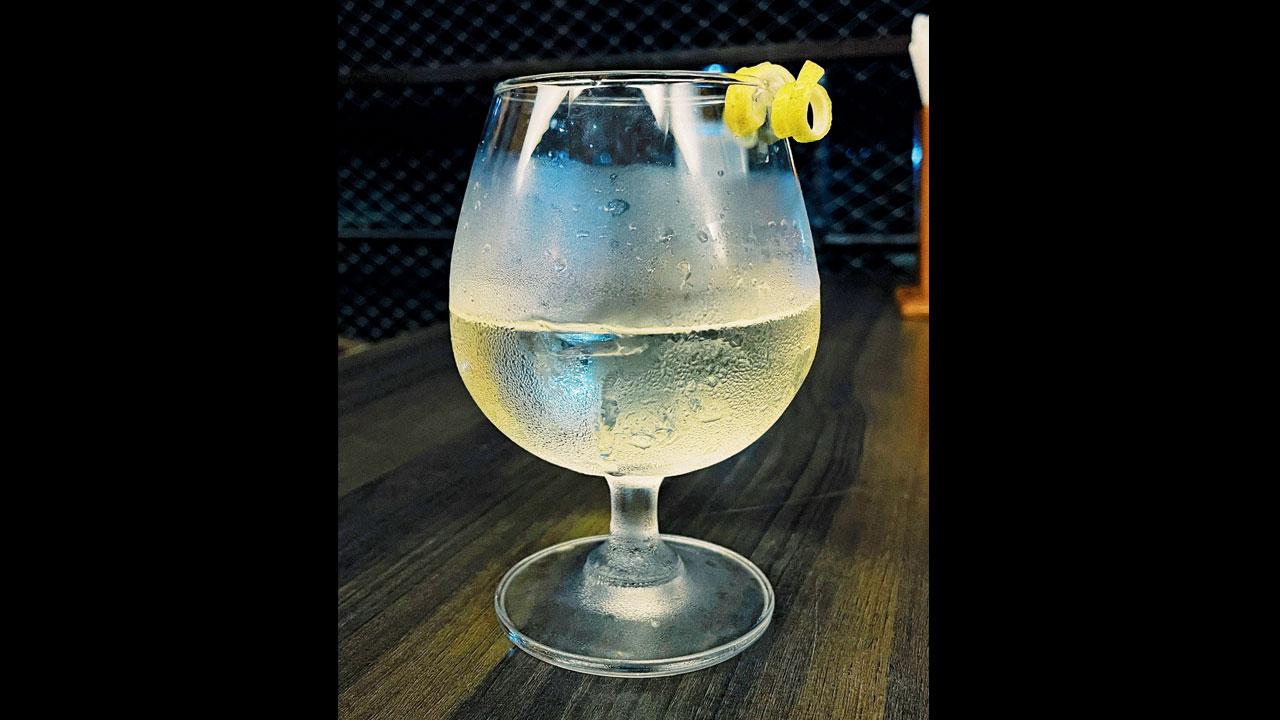
Gimlet
“One of the themes that we’ve been exploring is the idea of feeling like outsiders, what it means to be excluded from certain places or situations, and how one deals with exclusion. We were also exploring what happens when you’re looking at the world while you’re inside or part of a clique,” Lalwani tells us. So, it made sense to explore these themes vis-à-vis the colonial-era club menus because as Indians, we were initially outsiders to the club culture. And now, we’re on the inside, with club memberships becoming a display of status symbol and a show of exclusivity. “We’ll reflect on identity and exclusion through the lens of food,” she adds.
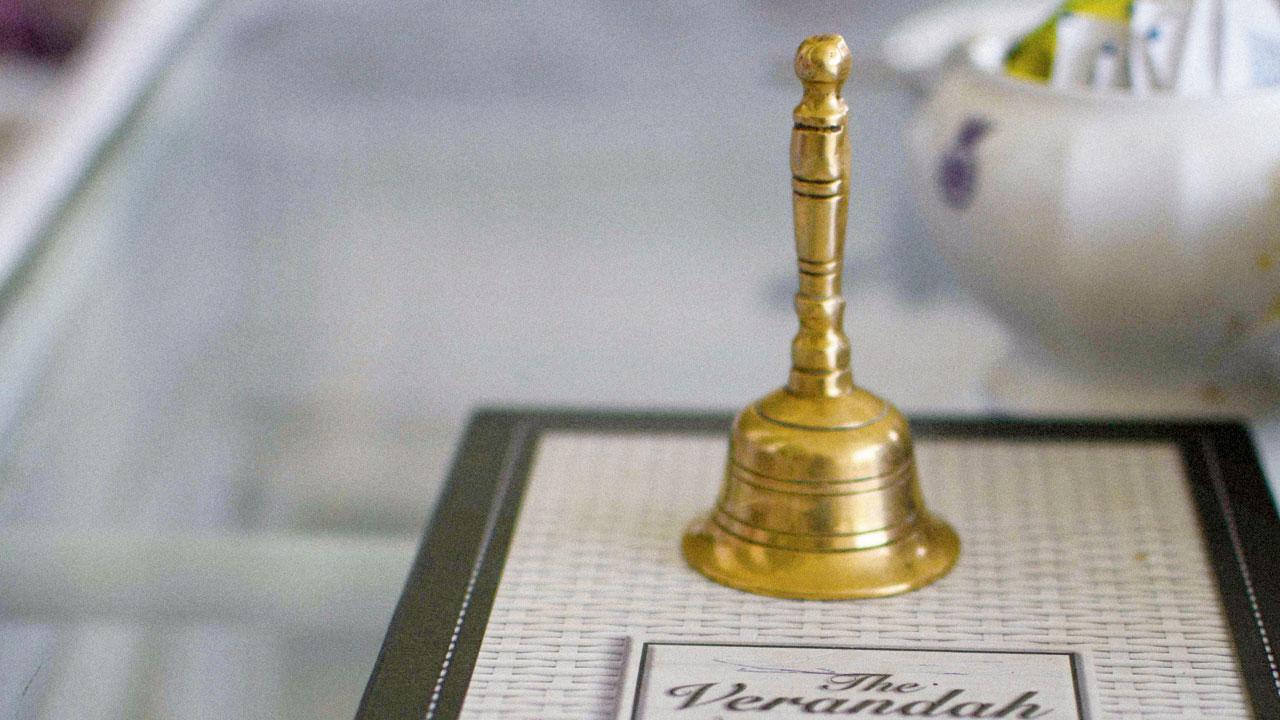
Menu at the Willingdon Sports Club
The colonial-era clubs, points out Chandra, are a great example of how a group of people — the British — were trying to feel at home in an unfamiliar space. Despite trying to turn these clubs into very British spaces, they had to manage with Indian ingredients or cooks, “This led to hybridisation in food and drinks.” Take for instance, the ubiquitous cheese chilli toast, a club classic that’s found at sandwichwallah’s thelas (kiosks) across the city, often with their own desi twists. It came up at a time when the British were trying to recreate their food here. However, since toasters weren’t available in India then, they’d toast bread through a makeshift device over coal. “It resulted in burnt and unevenly toasted bread. To mask the taste, a cheesy, salty mixture was developed. But the green chillies that were added to it are such an Indian addition. It reflects the skills of the Indian cooks at these places,” Chandra informs us.

Mallika Chandra and Sneha Mehta
Other such hybrid inventions include chicken Manchurian, and gin and tonic (G&T). Chef Nelson Wang of CCI came up with this Chindian hit when club members requested something “new”, while G&T was a cocktail that was devised to keep malaria at bay. “They realised that tonic water has quinine which was used to treat malaria. So, they combined it with the British favourite — gin,” Mehta tells us.
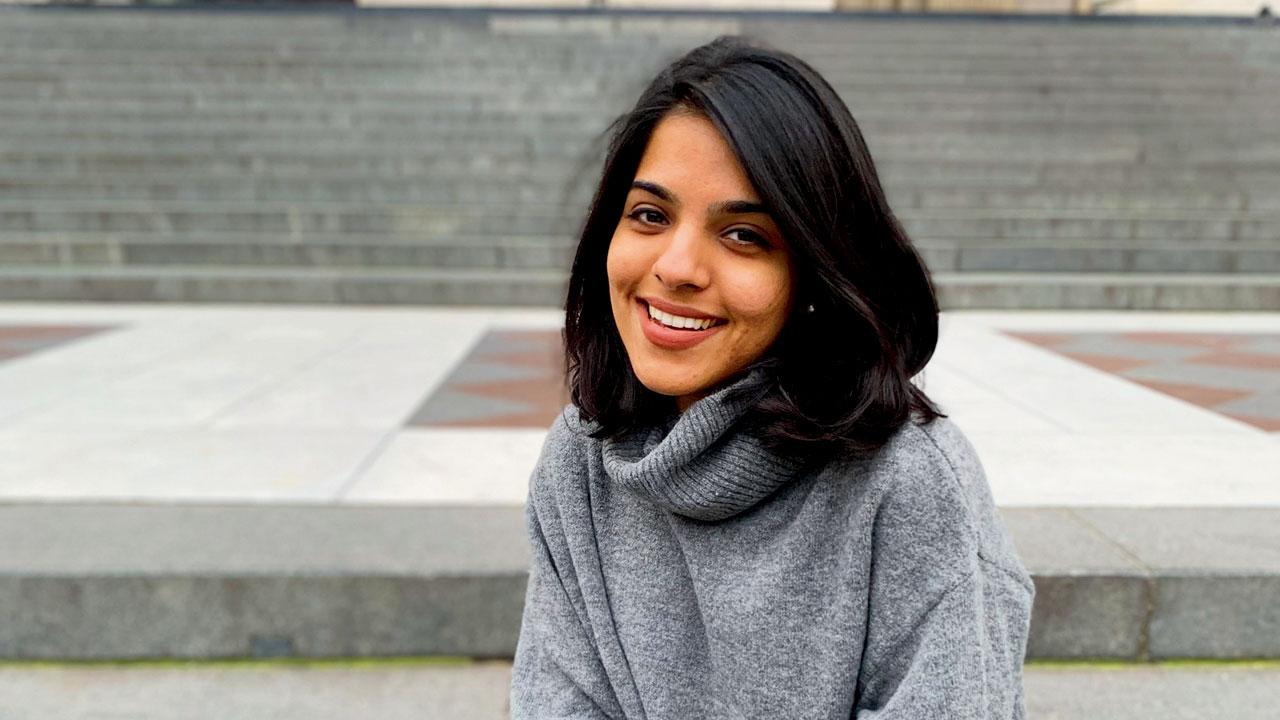
Vritika Lalwani
Other than many such stories, also on the menu for the workshop are cheese chilli toasts and a non-alcoholic version of G&T. “We’ll have the participants reflect on their own feelings of exclusion, too, based on which they’ll curate their own menu,” Mehta signs off.
On: October 7, 6 pm
At: Zen Cafe, Kala Ghoda.
Log on to: @praxis.arts on Instagram for registration link
Cost: Rs 1,000 per head
 Subscribe today by clicking the link and stay updated with the latest news!" Click here!
Subscribe today by clicking the link and stay updated with the latest news!" Click here!







